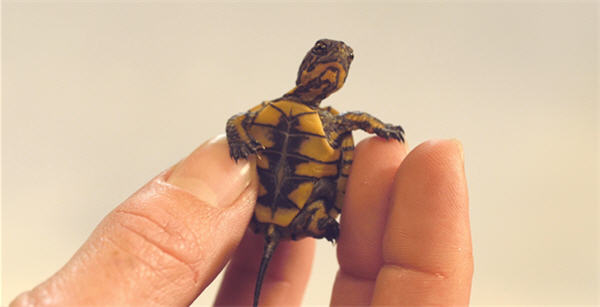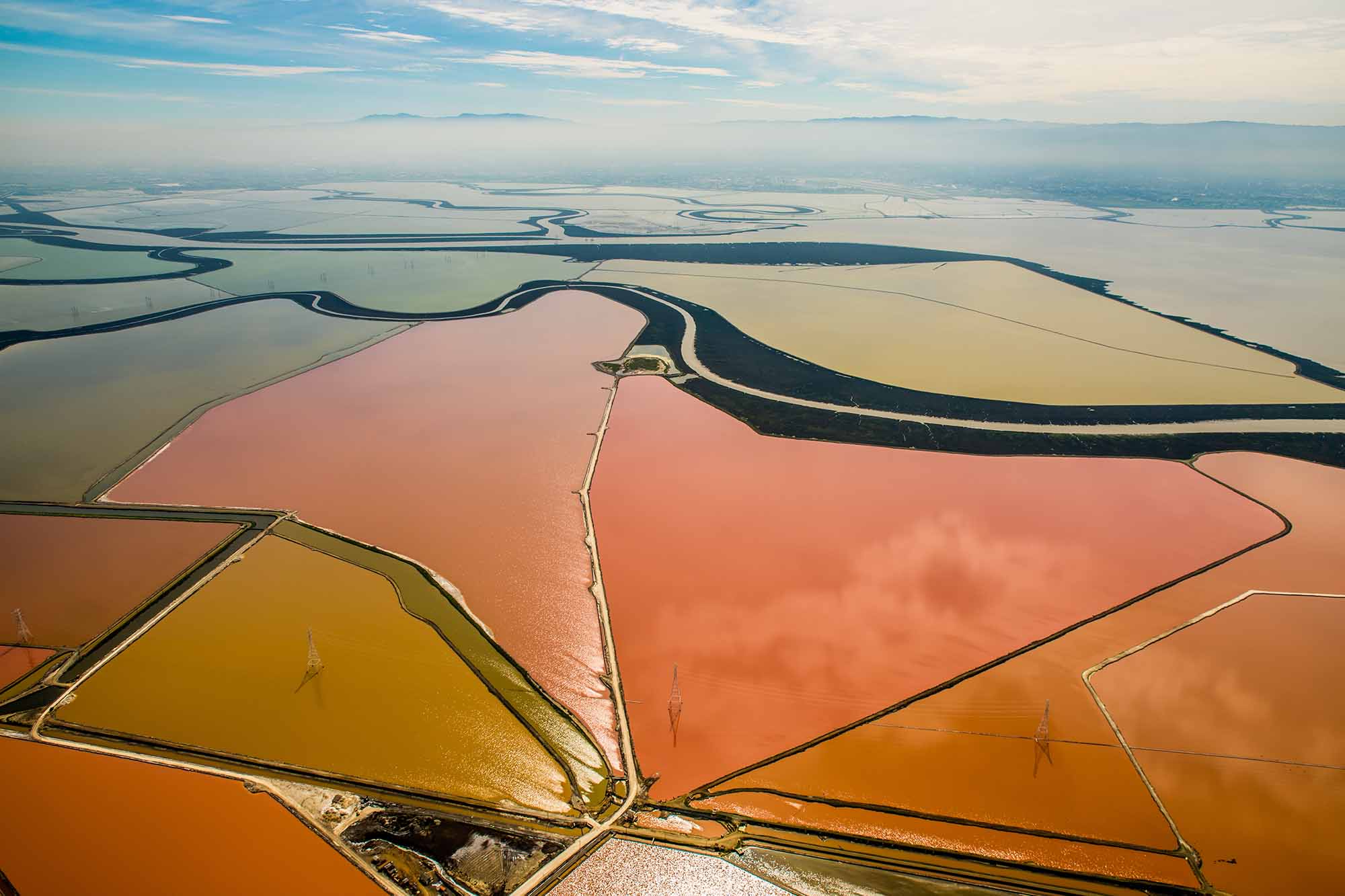Contact: Sevda Eris, seris@kqed.org, 415.553.2835
Deep Look, KQED’s award-winning YouTube series exploring big scientific mysteries by going very small, kicks off 2016 with all new videos, January 26 on the PBS Digital Studios network. From baby turtles to scorpions, viewers will get an up-close look at both the extremely cute and the extremely dangerous. All of Deep Look’s videos are shot in ultra-HD (4K) using macro cinematography and microscope video to travel to the edge of our visible world. Deep Look will roll out 20 new videos, two per month, in 2016.
“We’ve added more production resources and honed our 4K skills,” said Craig Rosa, Deep Look’s series producer. “Our recent win for Best Short Series at the Jackson Hole Wildlife Film Festival has honored and inspired us to create even more compelling videos that bring rarely seen mysteries of the natural world to our fans within the PBS Digital Studios network and beyond."
Deep Look’s first four new videos explore a range of weird and wonderful nature stories:
•January 26 – Baby Turtles. Follow ridiculously cute, threatened baby turtles as they’re raised at the Oakland and San Francisco zoos until they’re big enough to fend off frogs and birds in search of a new home.
•February 9 – Ladybugs. Go on an annual winter odyssey with thousands of ladybugs as they hone in on the same mysterious gathering spots in the mountains to hibernate and find their Valentines.
•February 23 – Toxic Mushroom. A deadly mushroom is spreading in Northern California. Can it be stopped?
•March 8 – Mouse vs. Scorpion. Travel to the Sonoran Desert, where a highly venomous scorpion and a ferocious mouse are locked in an evolutionary battle of chemical warfare.
Deep Look is produced by KQED’s award-winning science team and is presented in collaboration with PBS Digital Studios. Launched in October 2014, Deep Look’s YouTube channel has more than 25,000 subscribers and 2.5 million views. The entire series with accompanying articles and additional content can also be accessed at KQED.org/deeplook.

